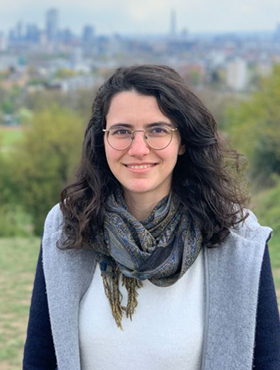I am a scientist at The Jackson Laboratory, leading a team focused on using induced pluripotent stem cells (iPSCs) for disease modeling, particularly neurodegenerative diseases. My research combines CRISPR/Cas9 genome editing and stem cell technologies to uncover disease mechanisms and develop therapeutic strategies.
Previously, I spent five years as a postdoctoral researcher at the Francis Crick Institute, studying tuberculosis using macrophages derived from iPSCs. I focused on autophagy (Nature), organelle dynamics (peroxisomes, mitochondria, lysosomes, stress granules), and host-pathogen interactions, providing insights into Mycobacterium tuberculosis pathogenesis and intracellular trafficking.
During my PhD, I worked on a conditional knockout strategy to manipulate genes in iPSCs and used patient-derived iPSCs to model microcephaly in cortical neurons. My initial CRISPR/Cas9 experience began during my master’s studies in pharmacology, where I applied gene-editing to study disease pathways.
I have expertise in gene editing, reactive oxygen species, autophagy, organelle dynamics, neuron differentiation, high-throughput imaging, and disease modeling. My work spans infectious diseases, host-pathogen interactions, neurodegenerative conditions like Parkinson’s disease, and cellular mechanisms like intracellular trafficking, offering innovative approaches to studying human disease.

